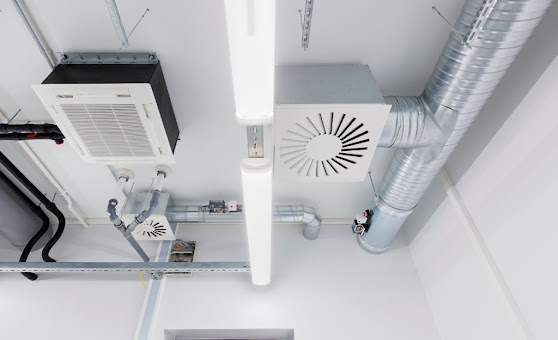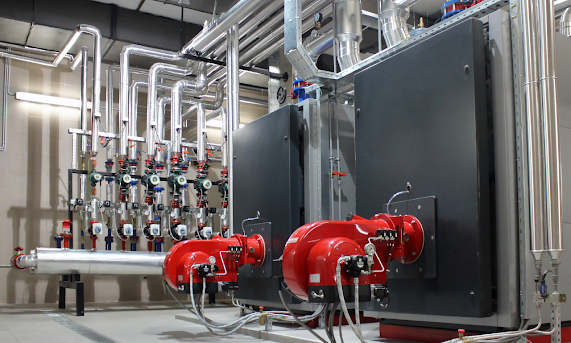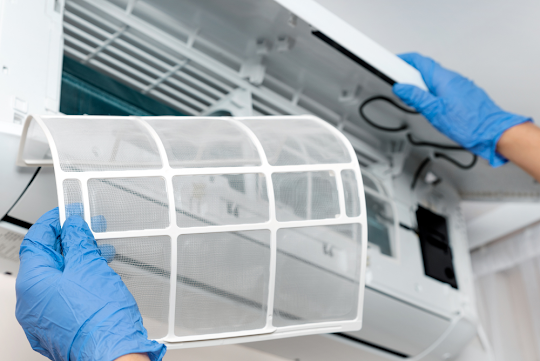Dallas, Texas, is known for its scorching hot summers and chilly winters. In order to manage these extreme temperatures, it is essential to have a dependable HVAC system. However, over time, even the best HVAC systems can experience wear and tear, leading to decreased efficiency and increased energy costs. If you're unsure whether it's time to invest in a new HVAC system, here are five signs to look out for:
1. Frequent Repairs
If you find yourself constantly calling for repairs on your HVAC system, it may be an indication that it's time for a replacement. Continuously fixing small issues can quickly add up costs, and chances are the system is nearing the end of its lifespan.
2. Rising Energy Bills
Have you noticed a significant increase in your energy bills lately? An older HVAC system may require more energy to run efficiently, causing your bills to skyrocket. Upgrading to a newer, more energy-efficient model could help reduce your monthly expenses.
3. Inconsistent Temperature Control
Are certain rooms in your home constantly too hot or too cold? Uneven temperature control is a common sign that your HVAC system is struggling to distribute air effectively. It may be time to invest in a new system that can evenly cool or heat your entire home.
4. Excessive Noise
Is your HVAC system making strange noises such as squealing, banging, or rattling? These unusual sounds can indicate mechanical issues or worn-out components. If these noises persist, it's wise to consult with an HVAC professional who can assess the situation and recommend a replacement if necessary.
5. Age of the System
Like all appliances, HVAC systems have a limited lifespan. On average, a well-maintained HVAC unit can last between 10 to 15 years. If your system is older than this timeframe, it's likely approaching the end of its effectiveness. Investing in a new, more efficient model can provide better performance and cost savings over time.
If you've noticed any of these signs, it's crucial to consult with a reputable HVAC professional in Dallas, TX. They can evaluate the condition of your current system and provide expert recommendations on whether repairing or replacing it is the best course of action.
Having a properly functioning HVAC system is important for maintaining comfort in your Dallas home. If you're facing frequent repairs, higher energy bills, inconsistent temperature control, excessive noise, or an aging system, it might be time to consider getting a new HVAC system. Investing in a new system will guarantee optimal comfort and efficiency, leading to long-term cost savings. Consult with an HVAC professional to make an informed decision and ensure year-round comfort in your home.






